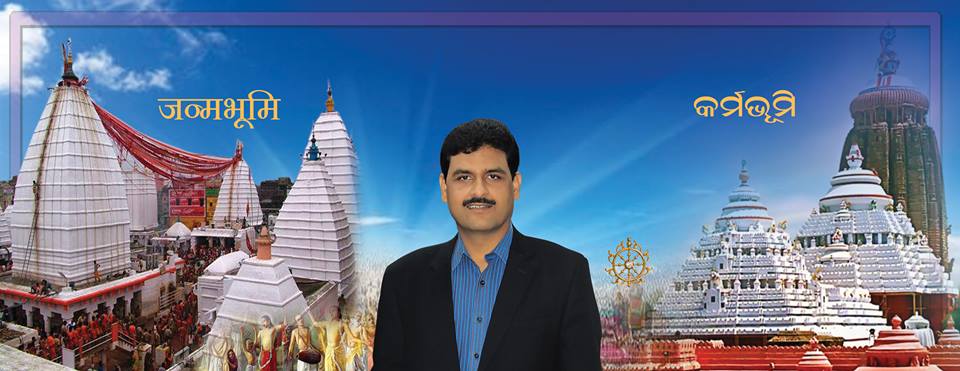He could not become a doctor himself, but is now pulling out all stops to ensure that others fare better. This year, 18 students from Odisha made it to medical school thanks to the initiative of Ajay Bahadur Singh, who once sold tea for a living but now imparts free medical education to 20 underprivileged students at a time.
His inspiration? Anand Kumar’s famed Super 30 in Patna, which mentors students from underprivileged sections of the society for entrance into the prestigious Indian Institutes of Technology (IITs).
Recalling the eight-year journey of his Jindagi (Life) campaign, Singh told IANS: “I started the initiative in 2010. Initially, two-three students came for coaching and students started qualifying for medical college in 2012. This year, 18 students have been selected in the medical entrance examination.”
Every year, Jindagi provides boarding, lodging and coaching to 20 students free of cost.
Singh said he started the initiative as he could not become a doctor due to poverty.
“My father was an engineer and he aspired to make me a doctor. But as luck would have it, he had a kidney problem and we have to sell our properties for a kidney transplant. I had to sell tea and other stuff for my family’s sustenance. So, I could not become a doctor,” said Singh, who belongs to Deoghar in Jharkhand but settled in Bhubaneswar in 2005.
The Jindagi initiative is now being viewed as a novel initiative not only in Bhubaneswar but in the whole Odisha.
“The experience has been wonderful so far. Anand Kumar’s Super 30 initiative has been an inspiration for many across the world and I also tried to make a beginning. It is really an amazing experience to help poor students from underprivileged sections of the society come up the ladder and join the mainstream. The joy is bigger than what wealth can give. I and my team are fully devoted to this cause and the successes have only motivated us to work harder,” Singh added.
Students who joined Jindagi to reach a medical college have inspirational stories of how they overcame life’s trials and tribulations to reach this far with a little bit of help and guidance.
Till a couple of years ago, Twinkle Sahu sold flowers outside Jagannath temple to help her father, Madan Mohan Sahu, who sold eggs. But the meagre income made it tough.
Twinkle, however, had a strong desire to be a doctor, though she knew it was tough.
One day, Singh saw the girl selling flowers outside the temple and that stuck in his mind. The girl had flowers in one hand and a book in the other. When Singh enquired about this, Twinkle’s dreams rolled out in the form of tears.
“I faced innumerable difficulties in life. We are poverty stricken. But my desire and the help of Jindagi has helped me to qualify in the medical entrance test,” Twinkle told IANS.
Santosh Nahak, too, has a similar story. His father, Nitai Nahak, is a farm labourer. Steeped in poverty, the family barely survived.
“About the time I passed Plus Two (Class 12), my father became paralysed, affecting the family livelihood. At that time, I thought of becoming a doctor to treat such patients. But my studies were affected. However, I did not give up and hope to be a doctor with Jindagi’s help,” Nahak told IANS.
How does the initiative work on the ground?
Even though Singh has completed his graduation he does not impart the coaching, which is done by a team of 15-20 teachers.
The funds for Jindagi come from the +2 Adyanta Science College affiliated to the Odisha government, that the group runs. They collect fees from about 600 students studying in the college and use a part of this to run Jindagi.
(Chinmaya Dehury can be contacted at [email protected])

